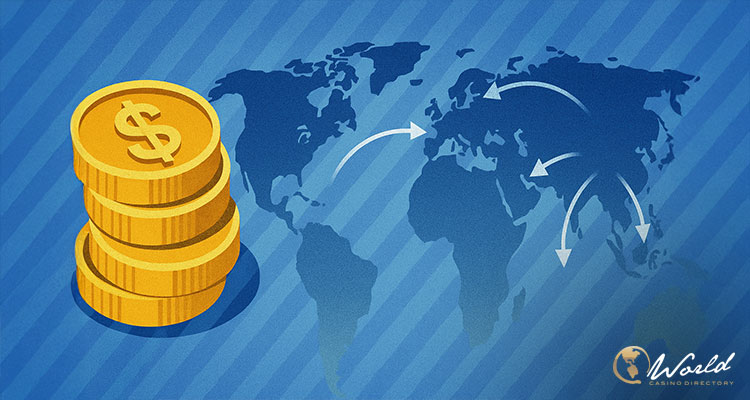A United States–based, CFTC-regulated prediction marketplace, Kalshi has secured over $300 million in Series D funding and is rolling out immediate access to more than 140 countries. The company says the raise lifts its valuation to $5 billion and positions it as the “world’s only unified global prediction market,” with a product experience abroad that mirrors the U.S. version.
Funding Milestone and Who’s Backing It
The new round totals $300 million+ and is led by Sequoia Capital and Andreessen Horowitz (a16z), with participation from Paradigm, CapitalG, Coinbase Ventures, General Catalyst, and Spark Capital. It arrives just months after a separate $185 million raise in June also featuring Paradigm and Sequoia, and follows Kalshi’s long-running strategy of building under the eye of the U.S. Commodity Futures Trading Commission. Founded in 2018 by Tarek Mansour and Luana Lopes Lara, Kalshi describes itself as “the only fully regulated event futures exchange in the United States.”
Investor enthusiasm is explicit. As reported by Cointelegraph, a16z Growth Fund partner Alex Immerman said, “Kalshi has emerged as the leading prediction market platform, and we’re thrilled to back them.” He added: “Tarek and Luana chose the difficult but more responsible path of becoming the first CFTC-regulated prediction market, and their breadth of markets, liquidity, and infrastructure are built for scale,” calling the category a contender for “the largest and most important financial market.”
Kalshi states that international users can now access the platform with the same product experience as American users. At the same time, its member agreement lists 38 restricted jurisdictions, including Canada, France, Poland, Russia, Singapore, Taiwan, Thailand, the United Kingdom, and Venezuela. While the platform frames the expansion as unlocking “billions of new potential customers,” the carve-outs outline where local rules or company policy currently limit access.
The timing also lands in an increasingly high-profile week for the prediction-markets space. Source materials note that rival Polymarket announced a $2 billion strategic investment from the NYSE owner, Intercontinental Exchange, implying intensifying momentum and competition across the category.
Traction, Volume, and Positioning
Beyond fundraising, Kalshi highlights accelerating usage and market share. Source reporting indicates total platform volume surpassing $1 billion in September, over $1 billion in trades during the single week ended Oct. 6, and annualised trading volume now exceeding $50 billion. One analysis cited in the sources also compares Kalshi’s implied pricing efficiency on NFL markets against major U.S. sportsbooks, with a view that fee structure and liquidity incentives are helping narrow gaps.
Kalshi’s stated thesis is to turn information into tradable value via binary event contracts (e.g., “Yes/No” outcomes tied to real-world events) so that participants—from individuals to institutions—can hedge risk or express views on topics ranging from inflation prints and elections to technology milestones and social indicators. The company and its backers argue that a CFTC-regulated framework is the differentiator for long-term credibility, transparency, and institutional adoption.
The expansion push also spans technology. In July 2025, Kalshi announced a partnership with xAI to integrate Grok for real-time, AI-assisted forecasting—positioning AI-driven signal extraction alongside event markets. According to the sources, this forms part of a scaling plan focused on infrastructure, risk management, and regulatory partnerships to support growth outside the U.S.


